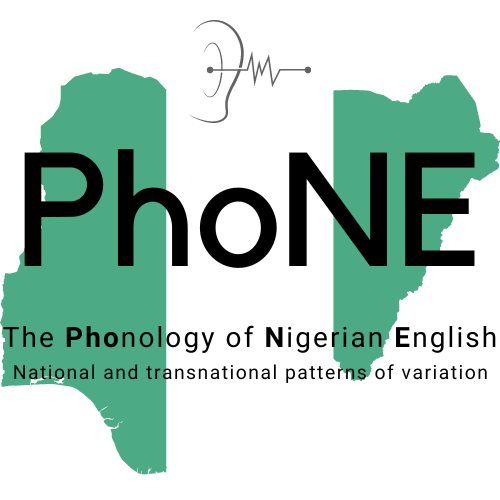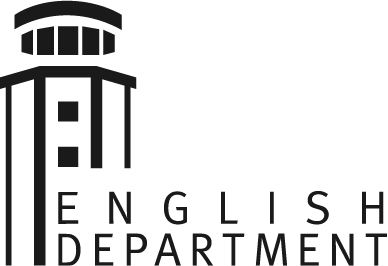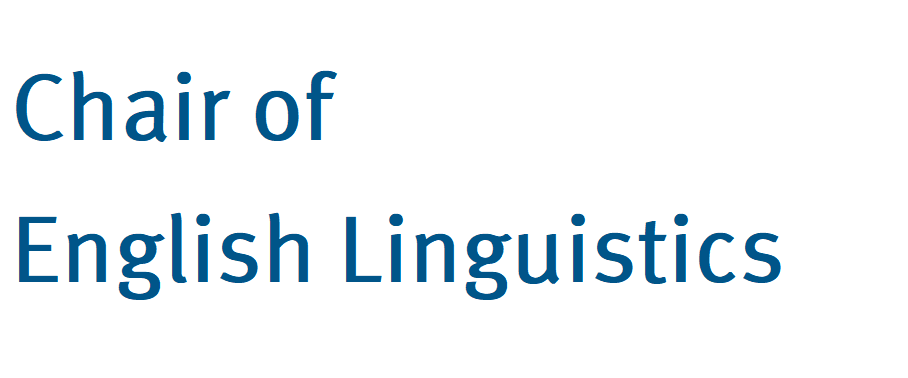The phonology of Nigerian English

funded by DFG (2023-2026)
This project explores the phonology of Nigerian English, its regional and social variation as well as its possible shared commonalities with Ghanaian and Cameroonian English using a corpus-based approach. To this end, ICE-Nigeria will be enriched with phonemic annotations that were created with the FAVE-aligner and manually corrected.
The two major theoretical objectives of the project are to make a contribution to theories
and models of the development of postcolonial Englishes and to test the question of whether a pan-West African variety of English exists. The project will thus contribute to the question of the ‘developmental stage’ of Nigerian English, and to the investigation of the relationship between regional and (trans-)national norms of English in West Africa.
Methodologically, the project wil provide a best-practice scenario for other corpus
compilers who wish to turn other ICE corpora (or any other spoken data) into a phonologically annotated corpus. Specifically, it will show the benefit of using state-of-the-art tools for phonological corpus compilation, such as automatic speech recognition for orthographic transcriptions and forced alignment for semi-automatic segmentation and phonemic annotation.
Moreover, at the data analysis level, the project aims to show the usefulness of (semi-)automated methods, in particular Bayesian vowel formant estimation, in extracting both large-scale and reliable acoustic information, which, in turn, can be used to investigate time-varying acoustic parameters even for nominal monophthongs, i.e. vowel inherent spectral change.
Project members
Principal Investigator: Prof. Dr. Ulrike Gut
Postdoc: Philipp Meer
Student assistants: Charlotte Möllers, Kilian Yilmaz, Sophia Fischer, Polina Kashkarova, Sophie Katharina Richter, Decai Xia, Sara Marie Ebbert, Jana Rosa Wirtz, Tom Hülk.


